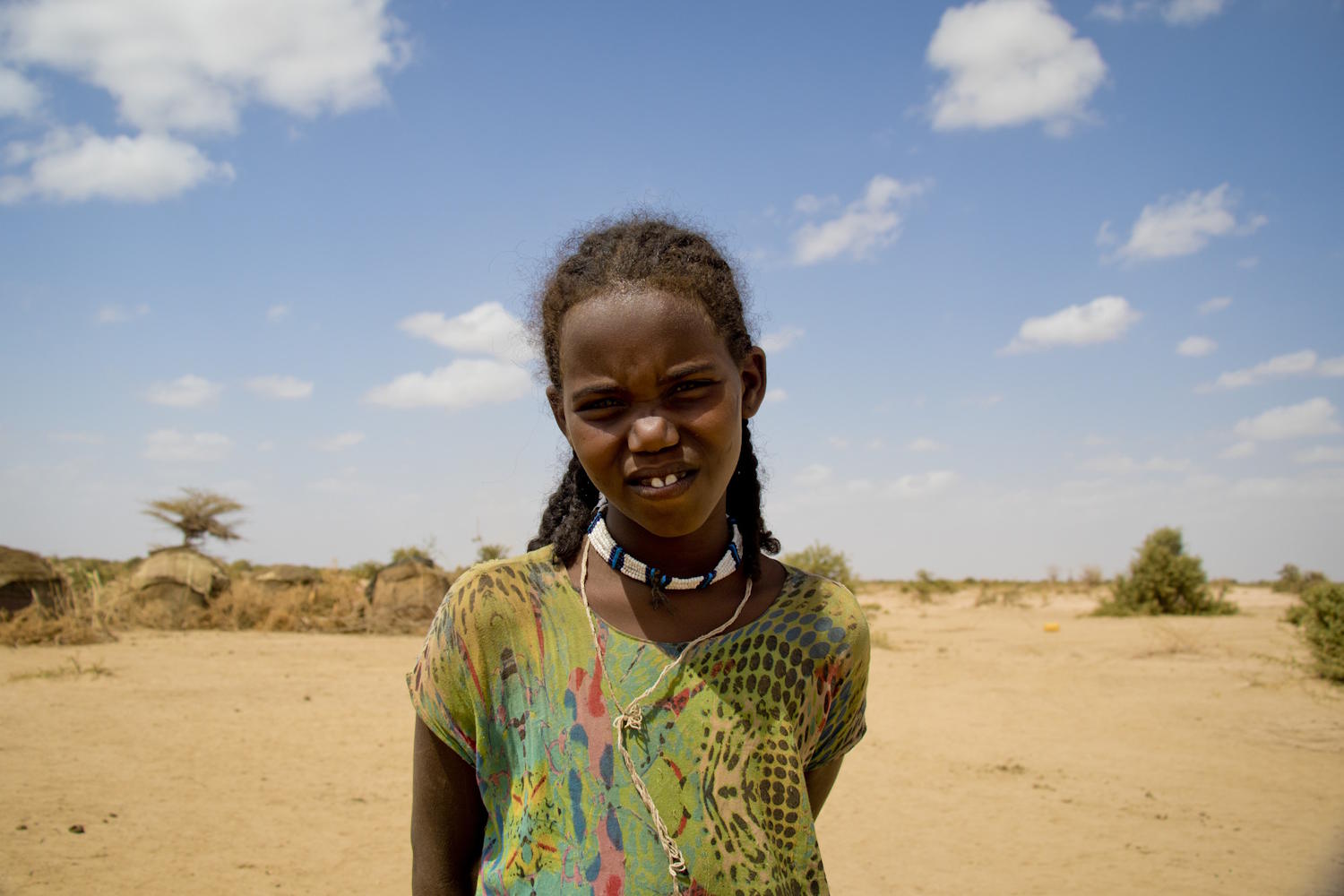A chilling new report reveals crimes against humanity in Ethiopia’s Tigray, where sexual violence has been weaponized and survivors abandoned.

@Save the Children
“We will make sure that the women of Tigray cannot have children.” The words were handwritten on a laminated piece of paper. Doctors found it not on a desk or hidden in a pocket, but lodged inside the cervix of a woman who had survived rape in eastern Tigray, Ethiopia. She had come to a health clinic with unbearable abdominal pain and foul-smelling discharge. What they discovered was beyond horrifying.
During the examination with a speculum, medical staff uncovered eight screws, random debris, and that note. Alongside them was a metal nail clipper, deliberately forced into her uterus.
This is just one of the testimonies included in the new report You Will Never Be Able to Give Birth: Conflict-Related Sexual and Reproductive Violence in Ethiopia, published by Physicians for Human Rights (PHR) and the Organization for Justice and Accountability in the Horn of Africa (OJAH). It is the most comprehensive study so far of sexual and reproductive violence in the Ethiopian regions of Tigray, Amhara, and Afar between November 2020, when the war began, and July 2024.
The report concludes that the majority of these crimes were committed by Eritrean soldiers, who at the time were fighting in support of the Ethiopian government.
The roots of the conflict
Tigray is one of Ethiopia’s nine regions, located in the north along the border with Eritrea. To understand the conflict, as Save the Children explains, you need to go back to 2018. That year, the Tigray People’s Liberation Front (TPLF), the region’s dominant political party, refused Prime Minister Abiy Ahmed’s plan to create a single national party.
Tensions deepened when the Prime Minister postponed national elections due to COVID-19, effectively extending his mandate. In defiance, the TPLF organized its own regional elections. The government declared them illegal and cut off funding to Tigray, isolating the region further. By November 4, 2020, war had erupted.
The two-year conflict is now considered the deadliest of the 21st century, with more than 600,000 deaths and at least 10,000 cases of rape and sexual assault.
Women’s bodies as battleground
Researchers analyzed 515 medical records, conducted over 600 surveys with health workers, and carried out in-depth interviews with community leaders, nurses, doctors, and psychiatrists. The study expands on a 2023 report and confirms that crimes against humanity were committed in Tigray, particularly targeting women and girls, including cases of forced pregnancy.
“We treated women who had been raped in front of their families,” said one Tigrayan health worker who contributed to the report. “They arrived deeply traumatized. In some cases, the very people who tried to protect them were killed in front of their eyes.”
The stories are unbearable in their cruelty. A reproductive health coordinator described a woman forced to have sex with the corpse of her murdered husband. Another account tells of a mother carrying her five-year-old daughter on her back; when she refused to put the child down, assailants shot them both before raping the woman.
And when these women, exhausted and broken, finally reached health centers, they found clinics stripped of essentials: no medicine, destroyed facilities, no psychological support.
“There were no drugs to ease the pain, no proper equipment, especially in remote areas,” said another worker.
Collapsing support
The tragedy has been compounded by cuts in U.S. funding for survivors of sexual violence. Services that were once free must now be paid for. Emergency funds are exhausted, while medicines and supplies sit unused in warehouses.
“It’s not only the conflict that endangers these women,” one of the report’s authors warns. “It’s also the collapse of the very system that should be helping them heal.”
Atrocities beyond tigray
The report also documents cases in Amhara and Afar. Although the data collection there was more limited, the findings point to acts that amount to war crimes and crimes against humanity. In some instances, perpetrators openly claimed they were taking revenge for crimes committed in Tigray.
The message from the authors is unambiguous: when perpetrators go unpunished, violence becomes normalized, victims are silenced, and peace remains fragile. They are calling on all parties to respect international law, and on the international community to ensure independent documentation, credible pathways to justice, and mechanisms for accountability.
But on the ground, hope is vanishing.
“Real justice is not just about jailing the guilty,” a Tigrayan health worker concludes. “It means reconciliation, rehabilitation, reconstruction. No one is moving in that direction. Without serious international intervention, there is no future for these women.”
Sources: Organization for Justice and Accountability in the Horn of Africa (OJAH) / Physicians for Human Rights (PHR) / Save the Children / The Guardian
